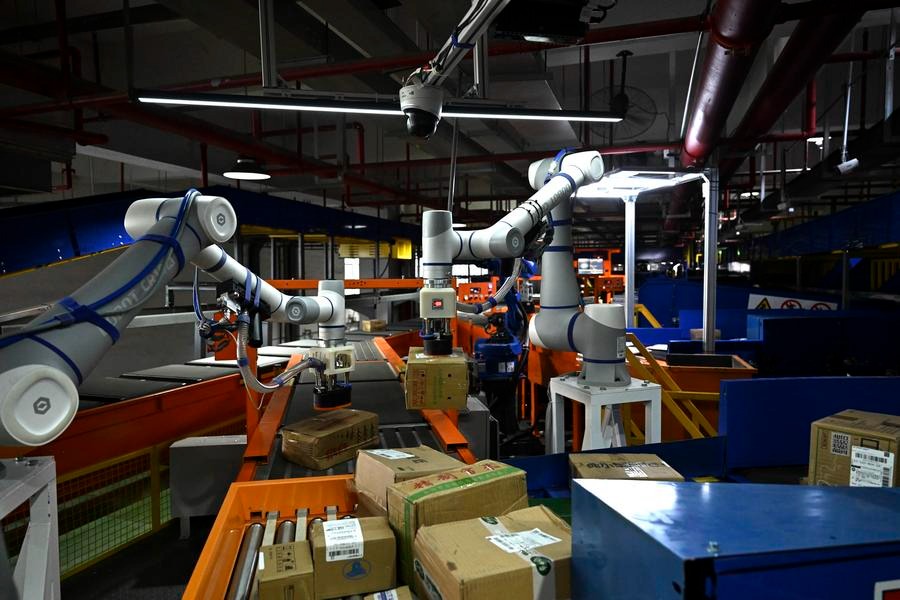A planet at the mercy of diminishing probabilities

Bring in the real decision makers and create a winners club
With the climate meeting in Warsaw we might have witnessed the greatest distance between what science tells us we need to do and how countries respond. Instead of looking at the outcome from Warsaw as a total failure we should view it as a learning experience. The big climate meeting is in Paris in 2015 and five major changes are needed in order to break free from current failures to deal with global climate change.
First, it must be clear that the science of how our planet reacts to greenhouse gases, and not what governments think is easy to do, must be the reference for the negotiations. Policy makers must understand that nature is not a negotiating partner. Second, we must understand that a scientific risk approach will give us a target of 350 parts per million of carbon dioxide in the atmosphere.

The fact is that already a 450 ppm stabilization that many policy makers today focus on has a 1.6 percent probability of producing warming of at least 6 degrees. This may not sound like much, but if there were a 1.6 percent probability of fatal aircraft accidents there would be almost half a million airline accidents a year, or 55 accidents an hour. That is unacceptable, of course, and no one would fly in such circumstances, so how can we have a target with such a high probability of catastrophe?
In global climate negotiations too much time has been spent on marginal financial flows, from the clean development mechanism and carbon offsetting to climate compensation. This money may sometimes do some good, but always on the margins. We must be honest and see that these mechanisms, in most cases, have been distractions.
It is time to change the direction of the big money. New rules for public procurement and pension funds are needed urgently. Unless the main financial instruments are used to drive low-carbon development, not much will happen.
Today when a company finds more fossil fuel, whose use can only lead to the planet being destroyed, the company's share price rises. Companies investing in fossil fuel and burning it must be punished financially. More importantly, the companies providing sustainable solutions must be rewarded.
Most companies influencing the climate negotiations are still from the polluting sectors. If we listen to them no significant reductions will happen.

It is time to bring clusters of solution providers to the negotiations. If a company cannot show how it can provide key services, such as nutrition, mobility and buildings, for nine billion people without any net emissions of greenhouse gas emissions, it should not be allowed into the negotiations.
It is also important that media shift focusing on the losers and polluters and start focusing on the clusters of winners and solutions providers so that people understand that a low-carbon future is not only possible but attractive.
Bring in the real decision makers and create a winners club.
For more than 20 years, environment ministers and environment experts and organizations have produced almost no results. In any sport a team that keeps on losing for 20 weeks, let alone 20 years, would get new players and managers. It is now time for a radical change in the participation at climate meetings.
We need prime ministers, ministers of national security, ministers of finance and ministers of industry to meet in Paris. They do not need to know much about climate change. They only need to know that by 2050 we must have a world without any fossil fuel, and that we should get there in a way that drives innovation, reduces poverty and with an economy operating within the carrying capacity of the planet.
They also need to create a winners club that demands support from the global institutions for leaders toward a low-carbon future. For the first time the climate agreement must become one that countries fight to get into, not fight to stay out of.
Are the ideas above possible? Of course. Are they likely to become a reality? No. But the fact that they are unlikely to be implemented does not make them unrealistic. All major changes are unlikely until they happen. If we keep on looking for so-called realistic solutions we will keep on doing what we have been doing. That is a strategy that keeps on failing, while those taking part pretend to be surprised.
If the above is to happen in any meaningful way, China must accept a key role. Instead of claiming a leadership role, it could claim the coordinating role in this process. Only if China brings all its weight to the table can we can get an attractive agreement in Paris. An agreement that is unlikely to happen, but must happen.
The author is founder and CEO of 21st Century Frontiers, a Sweden-based consultancy. The views do not necessarily reflect those of China Daily.
(China Daily Africa Weekly 11/29/2013 page12)
Today's Top News
- Japan unqualified for UN Security Council: Chinese envoy
- Deforestation is climate action's blind spot
- Japan unqualified for UN Security Council: Chinese envoy
- China, Germany reach outcomes after discussions
- Chinese cities dominate global science hub rankings
- Japan's tourism battered as Chinese travelers cancel trips






























